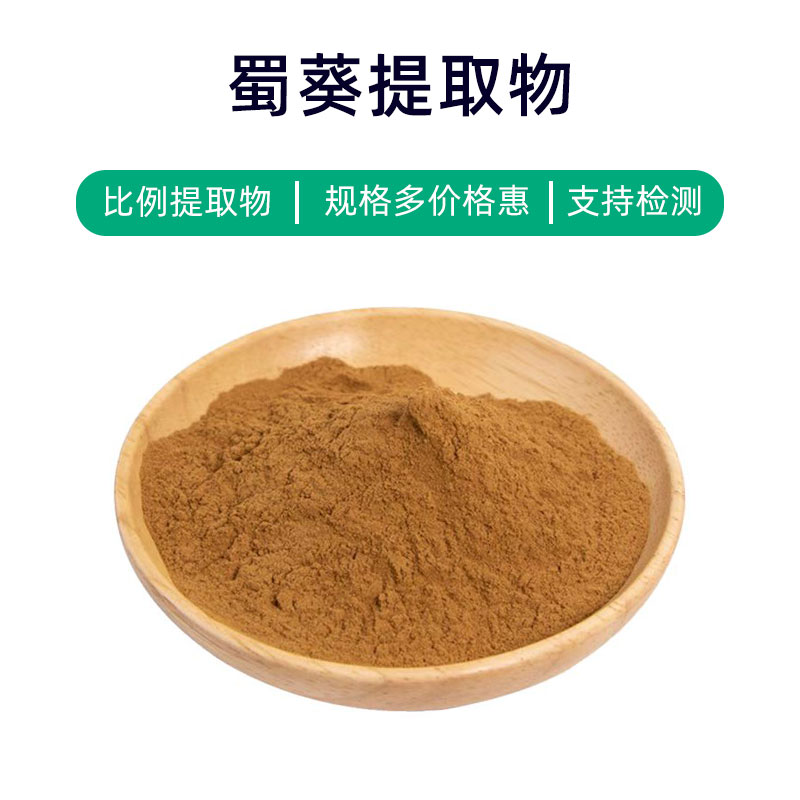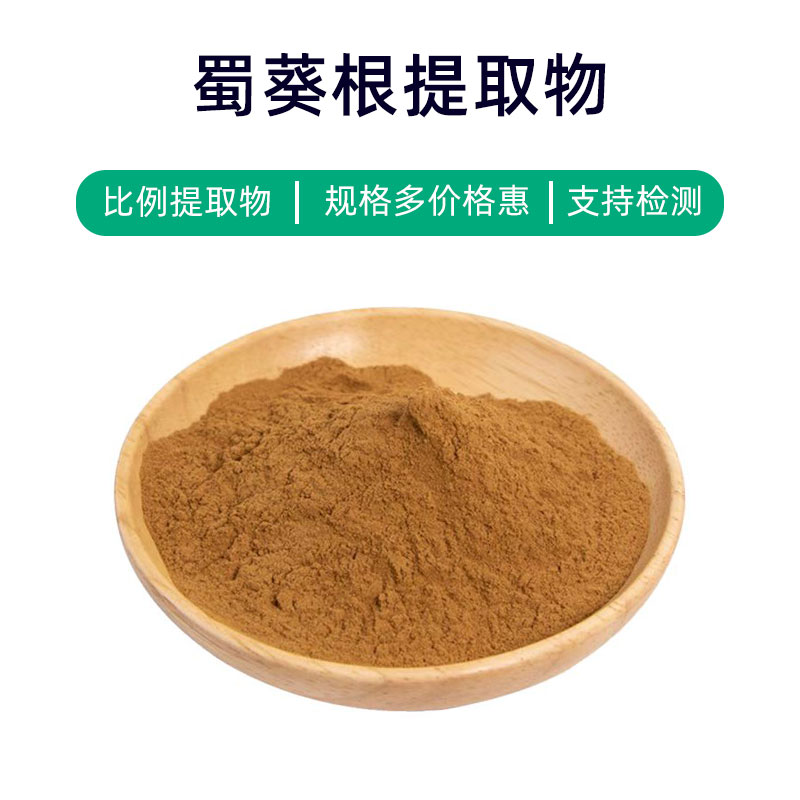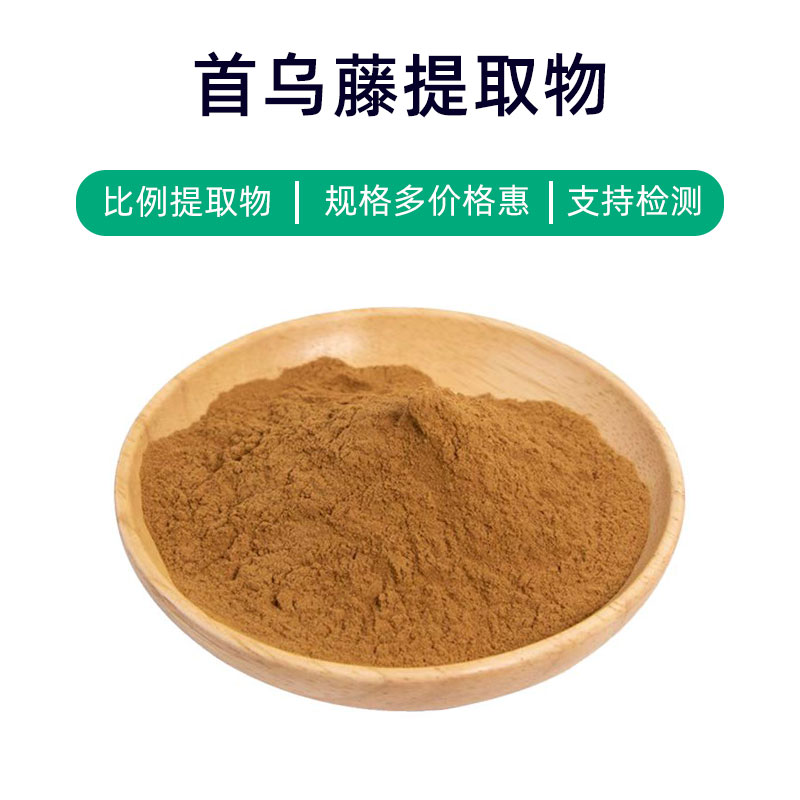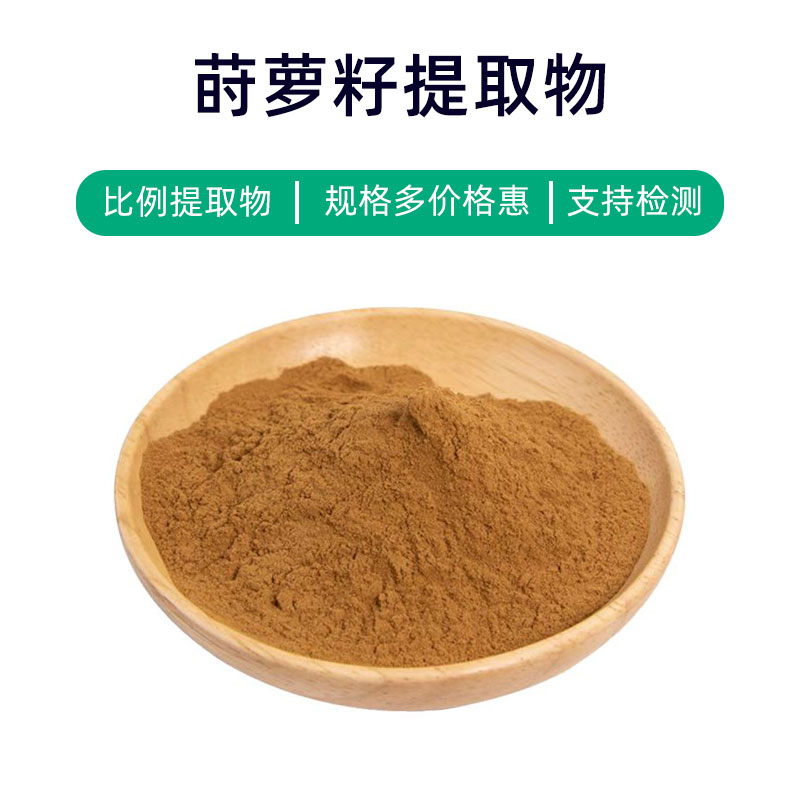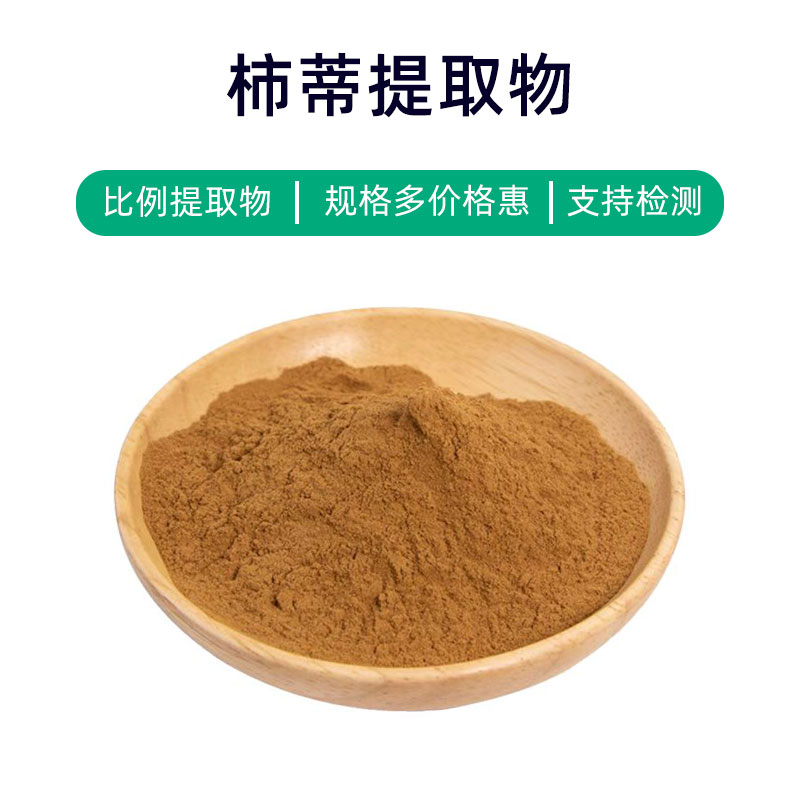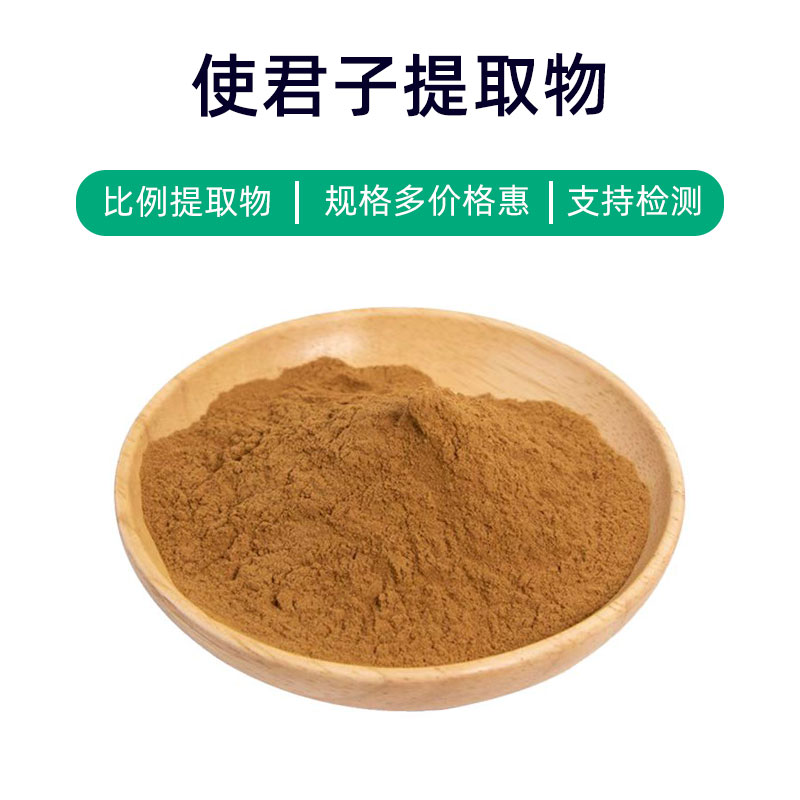Noni Extract Product Introduction
Noni extract is a natural plant extract derived from the Noni plant, rich in various bioactive compounds such as polyphenols and vitamins. These ingredients provide Noni extract with a wide range of benefits and applications.
The polyphenols present in the main ingredients have strong antioxidant properties, capable of neutralizing free radicals, slowing down aging, and helping to maintain cell health. Additionally, Noni extract is abundant in vitamins like Vitamin C and Vitamin E, which support immune function, improve skin texture, and promote metabolism.
In the medical field, Noni extract is often used to manufacture dietary supplements and medications. Its antioxidant and immune-regulating properties help in the prevention of chronic diseases, such as cardiovascular disease and cancer. In dietary supplements, it is typically used to enhance immune function, aid digestion, and combat aging.
Furthermore, Noni extract is extensively used in cosmetics. Its antioxidant and anti-inflammatory properties make it beneficial in skincare products, helping to reduce skin inflammation, boost antioxidant capacity, and slow down skin aging. In hair care products, Noni extract is also utilized to improve hair health, reduce dandruff, and minimize hair breakage.
Overall, as a natural plant extract, Noni extract offers various benefits, including antioxidant effects, anti-aging properties, and immune regulation, making it widely applicable in pharmaceuticals, dietary supplements, and cosmetics.
Noni Extract Production Process
The production process of Noni extract typically includes the following main steps:
- Raw Material Collection: Fresh Noni fruits are collected as raw material during the ripening period to ensure a high content of active ingredients.
- Cleaning and Preliminary Treatment: The harvested Noni fruits are cleaned and undergo preliminary treatment to remove impurities and dirt, ensuring the purity of the extract.
- Crushing and Extraction: The cleaned Noni fruits are crushed into small particles. The crushed Noni is then mixed with a solvent (such as water, ethanol, etc.) for extraction of the active components.
- Filtration and Concentration: The extract is filtered to remove solid impurities and obtain the liquid extract, which is then concentrated to yield a high concentration of Noni extract.
- Dehydration and Drying: The concentrated extract undergoes dehydration to remove the solvent and is then dried to convert it into a powdered form.
- Testing and Quality Control: The final Noni extract is tested to ensure it meets relevant quality standards and safety requirements.
- Packaging and Storage: The certified Noni extract is packaged, typically in sealed containers to prevent moisture and oxidation. It should be stored in a cool, dry place, away from direct sunlight and high temperatures, to maintain its stability and the integrity of active ingredients.
The above outlines the general production process for Noni extract, with strict control required at each step to ensure the quality and safety of the final product.
Noni Extract Benefits and Side Effects
Noni extract has gained attention for its rich nutritional content and potential health benefits. Here are the main benefits and effects of Noni extract:
- Antioxidant Properties: Noni extract is rich in antioxidants, such as Vitamin C, Vitamin E, and polyphenols, which can neutralize free radicals, reducing oxidative stress on cells and protecting cell health.
- Immune Regulation: Noni extract enhances immune function, increasing resistance to infections and diseases.
- Anti-inflammatory Effects: The active components in Noni extract possess anti-inflammatory properties that can help suppress inflammation, alleviating discomfort and pain.
- Lipid Lowering: Some components in Noni extract have been shown to lower blood lipids, helping to regulate lipid metabolism and reduce cholesterol levels, thus preventing cardiovascular diseases.
- Anti-Glycation Properties: Certain active ingredients in Noni extract can reduce non-enzymatic glycation reactions between sugars and proteins, potentially preventing diabetes and related complications.
- Digestive Promotion: Noni extract contains ample dietary fiber and enzymes, enhancing intestinal motility, improving digestion, and alleviating issues like indigestion and constipation.
- Skin Health Improvement: The antioxidants in Noni extract protect skin from damage caused by free radicals and UV rays, offering anti-aging, skin-brightening, and wrinkle-reducing benefits, thus improving skin texture and slowing the aging process.
Noni extract is generally safe, but individual differences and allergic reactions should be considered. To ensure safe and effective use, it is recommended to consult a doctor or nutritionist before use and to follow the instructions on the product label.
Noni Extract Application Scenarios and Dosage
Noni extract has extensive applications in the pharmaceutical, food, and cosmetic industries, due to its nutritional content and medicinal value, making it a popular natural product. Here are detailed introductions to its application scenarios and dosages:
- Pharmaceutical Applications:
- Immune Regulation: Noni extract can be used to prepare immune modulators to enhance immune function and prevent infectious diseases.
- Antioxidant Therapy: As an antioxidant, Noni extract may be used in treating oxidative stress-related conditions such as cardiovascular and inflammatory diseases.
- Lipid Lowering Treatment: Studies suggest that the active components in Noni extract can effectively lower blood lipid levels, useful in the prevention and treatment of hyperlipidemia.
- Gastrointestinal Protection: Noni extract can be used to prepare gastrointestinal protectants for treating digestive system disorders, including stomach ulcers and gastritis.
- Food Applications:
- Nutritional Supplements: Noni extract can be used to produce nutritional supplements such as liquid supplements, capsules, and tablets to support nutrient intake and bolster immunity.
- Functional Foods: Noni extract can be added to various functional foods, such as juices, yogurt, and granola bars, improving their nutritional value and functionality.
- Cosmetic Applications:
- Skincare Products: Noni extract's high antioxidant content makes it useful in formulating antioxidant masks, anti-aging creams, and other skincare products that improve skin texture and slow aging.
- Hair Care Products: The nutrients in Noni extract benefit hair and scalp health, and can be used in shampoos and conditioners to nourish hair and enhance shine.
Dosage:
- Pharmaceutical Field: Use as recommended by a doctor or pharmacist, adjusting dosage and usage according to specific diseases and individual circumstances.
- Food Field: Follow recommendations on the product label, generally taken 1-2 times daily at 5-10 grams per serving.
- Cosmetic Field: Based on product type and purpose, follow recommendations on the product label, usually applied 1-2 times daily, with a suitable amount massaged until absorbed.
Introduction to the Plant Source of Noni Extract, Distribution, and Growing Environment
Noni (scientific name: Lycium barbarum) is a perennial shrub belonging to the nightshade family, also known as goji berry. Here are detailed information about the plant source of Noni extract, its distribution, and growing environment:
- Plant Introduction:
- Noni is a deciduous or semi-evergreen shrub, typically growing 3-10 feet tall, with a loose branching crown. Its slender, flexible branches feature oval or elongated leaves that are bright green and shiny, with small pale purple flowers; the fruit is oval and bright red or orange when ripe.
- Distribution:
- Noni is native to the northwestern regions of China, primarily found in Qinghai, Ningxia, Gansu, and Xinjiang, making it an important medicinal material in China. Additionally, Noni is cultivated in other regions such as Japan, Mongolia, and Russia.
- Growing Environment:
- Noni thrives in arid or semi-arid climates, preferring warm, dry, and sunny conditions. It has strong cold resistance and can adapt to low temperatures, though it is sensitive to high temperatures and humidity.
- Growing Conditions:
- Soil Requirements: Noni has modest soil requirements, favoring loose, well-draining sandy loam and is adaptable to a range of pH levels.
- Light Requirements: Prefers ample sunlight, which is beneficial for plant growth and fruit development.
- Water Requirements: While it grows in dry regions and is drought-resistant, it still needs adequate moisture, particularly during early growth stages.
- Cultivation Methods:
- Conventional Cultivation: Typically involves sowing seeds or transplanting seedlings; dense or wide row planting can be utilized.
- Hydroponics: In arid regions, hydroponic methods can be employed to save water resources and improve yield and quality.
Overall, Noni is a highly adaptable and fast-growing plant, with its fruits rich in various nutrients, widely used in pharmaceuticals, food, and dietary supplements.
Processing and Storage of Noni Extract
The processing of Noni extract usually involves the following steps: cleaning the fruit, removing impurities, drying, crushing, extracting, filtering, concentrating, and drying. During processing, it is crucial to maintain the freshness and quality of the raw materials, controlling processing temperature and time to prevent loss of effective compounds. The extract should be stored in a cool, dry, and well-ventilated place, avoiding direct sunlight and high temperatures to prevent oxidation and moisture from affecting product quality. Proper storage can extend the product's shelf life and maintain its efficacy.
Monica Sun is a seasoned expert in the plant extraction industry with over a decade of experience in research and production. She specializes in the extraction and purification of plant active ingredients, focusing on driving innovation in natural product applications. Monica has participated in the development of multiple functional plant extracts, delivering high-value natural raw material solutions for the health food, pharmaceutical, and dietary supplement sectors.









